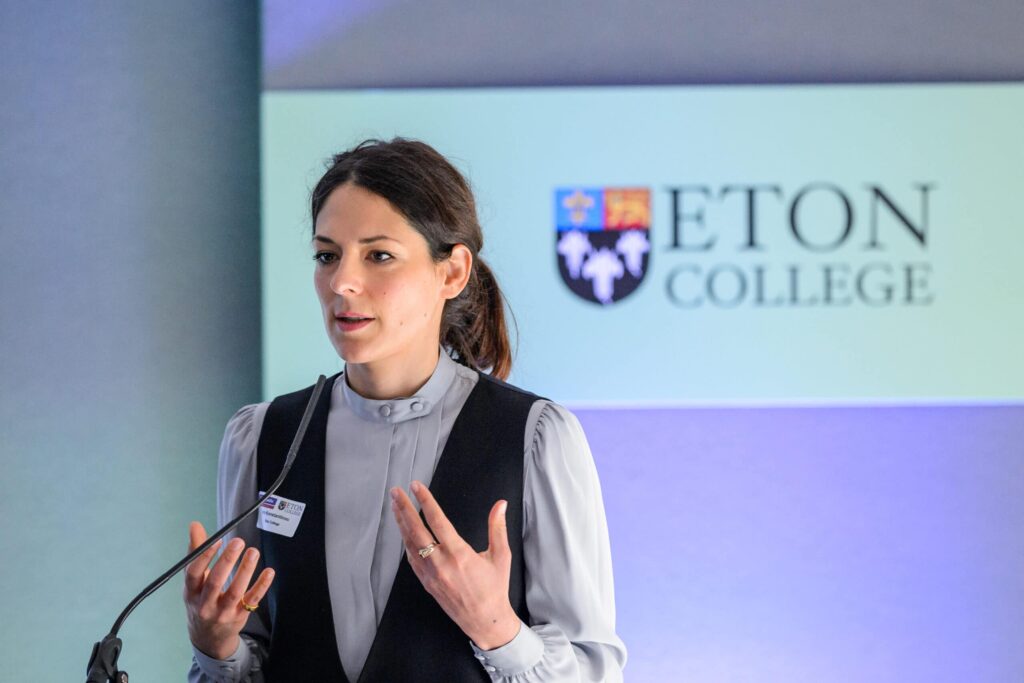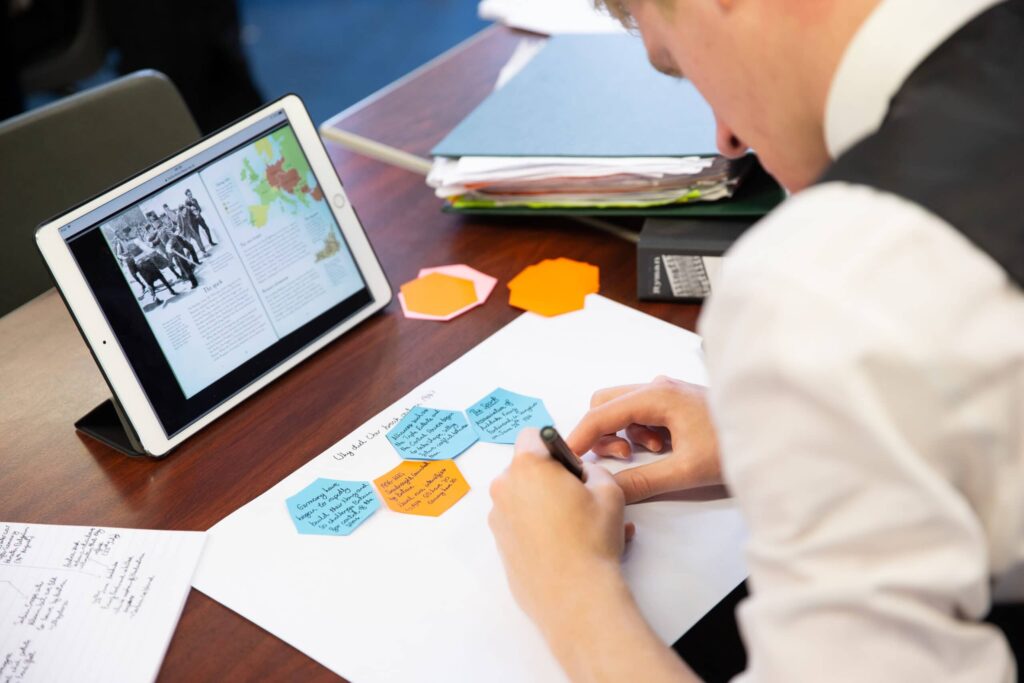In recent years, an evidence-informed approach to teaching and learning has gained momentum, both through more formal avenues, such as guidance from the DfE and the setting up of the Chartered College of Teaching and the National Institute for Teaching, but also through more informal grassroots movements such as ResearchEd and research hubs across schools (such as our very own Research & Evidence Forum). Evidence-informed practice mainly entails balancing teacher expertise with evidence. An example of such guidance is Rosenshine’s Principles which translate some of the main evidence and research for teaching practice. Therefore, evidence-informed practice does not take away from teacher expertise but seeks to strengthen it.
Many schools and teachers will be aware of how they can establish a culture of evidence-based practice which works for their context, but for those who might be at the initial stages of such an exploration, this post provides some reflective questions which can act as guidance.
It is useful to know where and how evidence is currently used in schools. Watkins et al. writing for BERA in 2022 outline that currently:
- There is greater recognition of the role of research and evidence in schools
- Research is still infrequently used by teachers to inform their teaching practice
- There is a lack of good-quality research evidence to tell us how to mobilise evidence into use in education
- There is often a lack of robust evidence of whether interventions have a positive causal impact on learner outcomes
- Teachers more commonly identify provision using more anecdotal sources
Reflective question 1: What do you recognise from the above happening at your school now?
Reflective question 2: What does evidence-informed practice mean to you and your colleagues?
A second stage of understanding the use of research and evidence would be to consider what awareness of research means. A report by the DfE in 2017 identifies five elements of research awareness:
- Understanding what research evidence is.
- Knowing how to access research evidence.
- Being able to judge how robust research evidence is.
- Knowing that research evidence can help improve practice and how it does that.
- Knowing how to go about being ‘evidence-informed’.
Reflective question 3: From this list what are the strengths and weakness of your context?
After identifying how research might be used in your context, it is useful to reflect on what enabling factors might exist. The report by the DfE identifies the X enablers:
- Strategic leadership and a clear direction from the senior management team with regards to evidence-informed practice.
- Not all staff need to be engaged. It is best to start with willing staff who can create momentum.
- Wider policies and practices at the school need to be underpinned and informed by evidence.
- Roles need to be created for engaged staff, such as research leads or ‘champions’.
- School culture is an important enabler, by encouraging enquiry and engagement; drip-feeding ideas rather than insisting on engagement and using professional dialogue, such as informal discussions and networking and study groups.
- Encourage enabling structures and processes such as: Inset/CPD; teacher learning communities; lesson study, research groups; directed reading; peer observations; and external networks.
Reflective question 4: What are you currently doing? What else could you be doing? What are some of the easy wins?
The process of creating an evidence-informed culture can be a long one but the good news is that there are many structures in place which can be useful. Some sources of good ideas include:
- The National Institute of Teaching
- The Chartered College for Teaching
- Evidence-Based Education
- Bloggers and educational experts such as Tom Sherrington, Rob Coe, Dylan Wiliam (among others)
- The British Educational Research Association
- CUREE
- The Education Endowment Foundation
- Our very own Research & Evidence Forum at the Tony Little Centre, Eton College (get in touch if you want to be involved)
References and further reading
BERA (2022). Review of Education special issue: evidence into policy and practice. BERA
Kirschner, P. and Hendrick, C. (2020). How Learning Happens. Oxford: Routledge
Sharples, J. (2013). Evidence for the Frontline. Alliance for Useful Evidence




